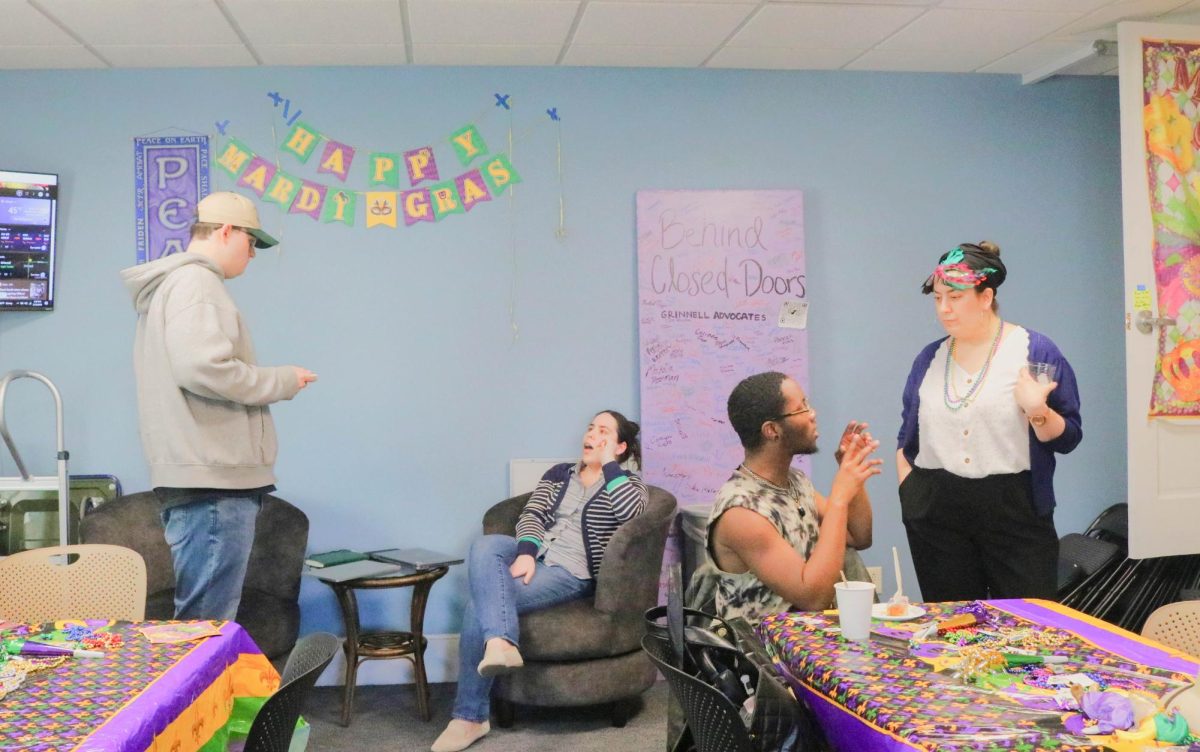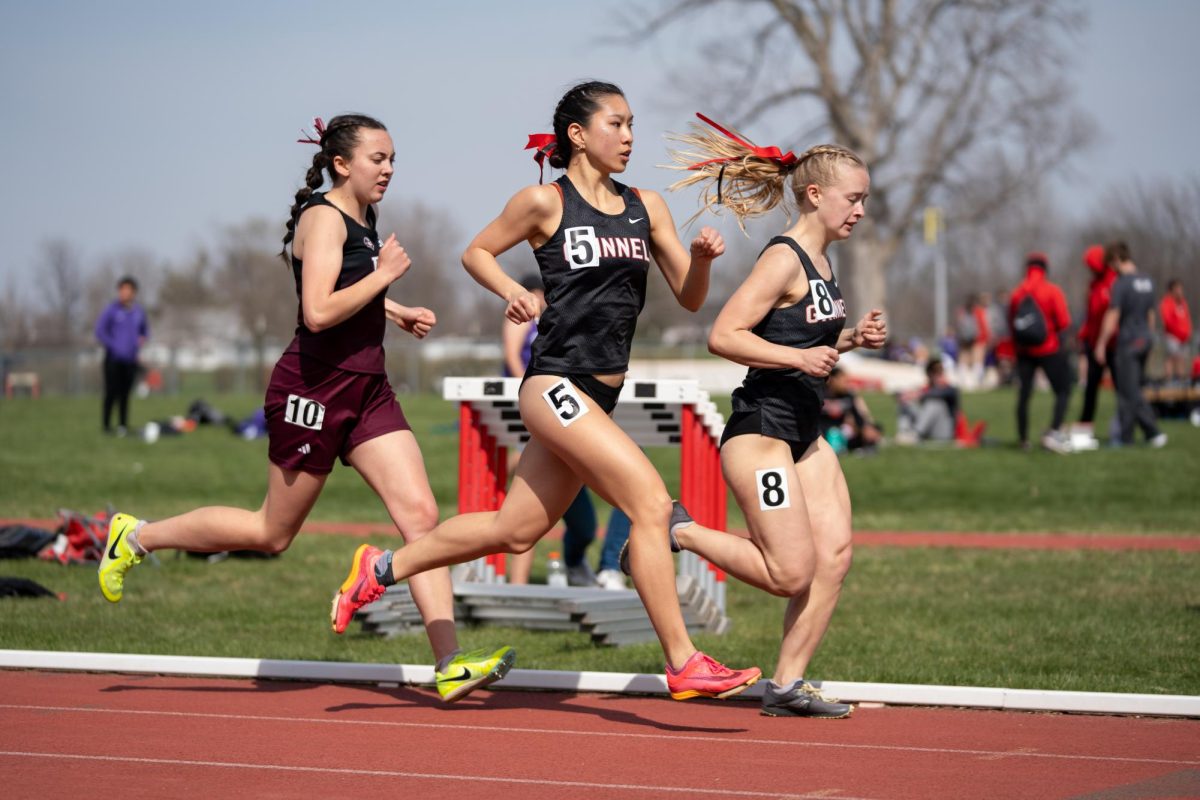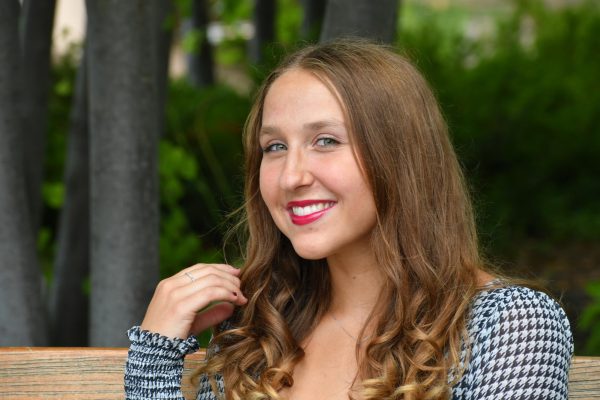Jazzed by king cake and chicory coffee, students celebrated Mardi Gras in the Center for Religion, Spirituality and Social Justice (CRSSJ) on Tuesday, Feb. 13. Translated to “Fat Tuesday,” Mardi Gras is an annual religious observance that takes place on the Tuesday before Ash Wednesday.
Deacon Grayson, assistant to the dean of religious life, wrote about the history of the celebration in an email to The Scarlet and Black. “The excess and debauchery of the Mardi Gras season became a prelude to Lent, the 40 days of fasting and penance between Ash Wednesday and Easter Sunday,” Grayson wrote. Many celebrate Mardi Gras by eating fatty foods that they won’t be able to eat during this fasting period.
“Mardi Gras spread from Rome to other countries, including France, Germany, Spain and England,” he wrote. After traveling internationally, Mardi Gras celebrations took root in the heart of Louisiana.
Kenn Anderson ‘24, a New Orleans native, wrote about their experiences with Mardi Gras in an email to The Scarlet and Black.
“I celebrated Mardi Gras every year as a kid. The last parade I was in was on my 18th birthday on Mardi Gras day! It was a very wholesome and spiritual experience,” Anderson wrote. Though they have attended Grinnell’s Mardi Gras celebration every year, they admit that it is “completely different” from their experiences in their hometown.
“The Dining Hall New Orleans ‘cuisine’ is not the same, and those aren’t even the foods we eat at Mardi Gras,” Anderson wrote. “There are no parades, and the lively warmth of home is a thousand miles away.” They described Grinnell’s Mardi Gras event as an “underwhelming and watered down” version of their New Orleans culture. Despite the differences, they said that they appreciate some of the CRSSJ’s efforts in hosting the event.

“I really appreciate them getting king cakes from home because those taste like home,” Anderson said. In addition to the king cakes, the CRSSJ decorated their prayer garage and played New Orleans jazz music during the Mardi Gras festivities.
Jadyn Al-Fatah ’27 attended the celebration to “relieve some stress” after getting graded papers back from a class. “I got a cup of the chicory coffee and a few slices of the king cake. I also ended up finding the baby and was even more ecstatic,” he wrote to The Scarlet and Black. Finding the baby in the king cake is a New Orleans tradition that signifies good luck.
Deacon wrote that it is important to host the Mardi Gras event on campus because it “celebrates everyone’s heritage and diversity on campus.” He also wrote that the event allows the College to “embrace and celebrate” students who value Mardi Gras as a big part of their lives. Al-Fatah agreed, writing that it “adds to the inclusivity at Grinnell.”
He continued, “Coming from the South, I feel more at home.”
In the future, Deacon hopes that Mardi Gras can become more of a campus-wide celebration. Al-Fatah would like to see the College incorporate a parade.
Anderson, though, expressed concern over the different motives of “natives” and “tourists” observing the event. “Mardi Gras as a tourist is not the same experience as Mardi Gras for a native. It is more than having fun on a Tuesday — it is experiencing community, tradition and history, a truly magical and ancestral experience,” they wrote.

























































